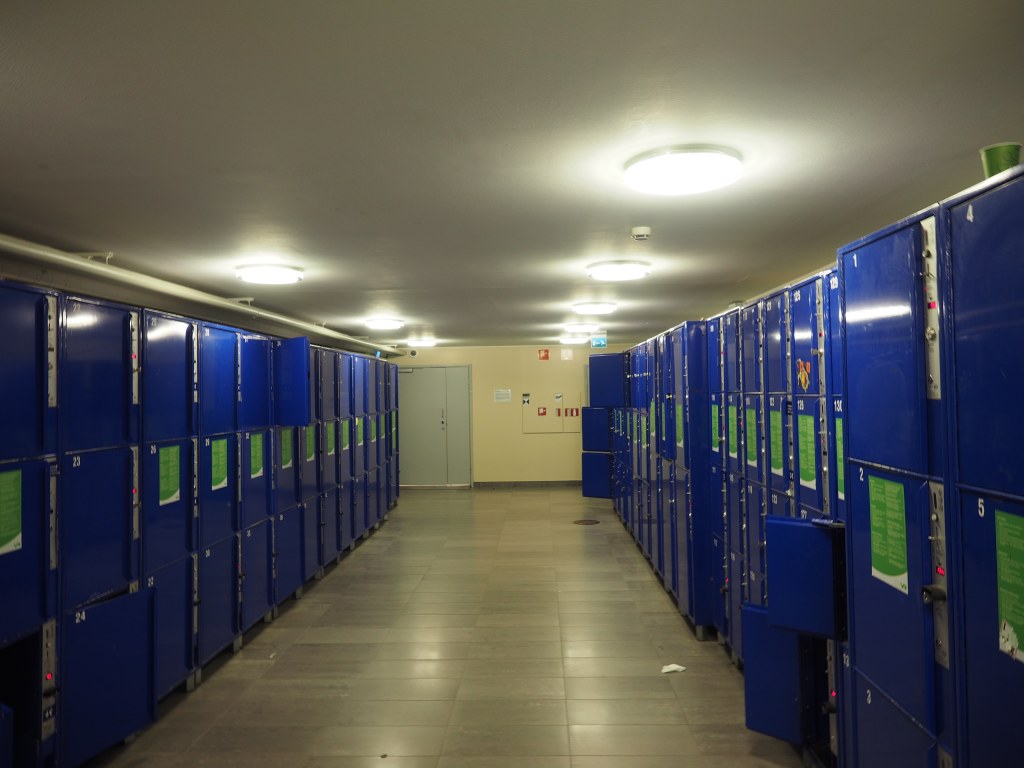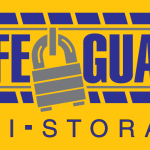The Ultimate Guide To Self Storage Meaning: Unlocking The Secrets Of Organized Spaces
What is Self Storage Meaning?
Greetings, storage enthusiasts! In this article, we will dive deep into the meaning of self storage and explore its significance in today’s society. Self storage is a service provided by companies that offer individuals and businesses a secure space to store their belongings. These facilities are designed to meet the growing demand for additional storage space, especially in urban areas where space is limited.
Introduction
Self storage has gained popularity over the years due to its convenience and flexibility. Individuals and businesses alike can benefit from self storage solutions to free up space in their homes or offices. Whether it’s storing seasonal items, documents, or inventory, self storage provides a secure and accessible solution.
2 Picture Gallery: The Ultimate Guide To Self Storage Meaning: Unlocking The Secrets Of Organized Spaces


In this article, we will cover the following topics:
What is Self Storage?
Self storage, also known as mini storage or storage units, refers to rented space where individuals or businesses can store their belongings. These spaces are typically secured with locks, and customers have the sole access to their units. Self storage facilities vary in sizes, ranging from small lockers to large warehouse-like spaces.
Who Can Benefit from Self Storage?

Image Source: vox-cdn.com
Self storage is beneficial for a wide range of individuals and businesses. Homeowners may use self storage to declutter their homes, store seasonal items, or create space during renovations. Small business owners can utilize self storage to store inventory, equipment, or important documents. Additionally, self storage is popular among students, frequent travelers, and those in transitional phases of life.
When to Consider Self Storage?
There are various situations that may prompt individuals or businesses to consider self storage. For homeowners, it might be when they are downsizing, moving to a smaller place, or simply need extra space. Businesses may need self storage when they have excess inventory, are expanding, or transitioning to a new location. Other common scenarios include traveling, renovating, or temporarily relocating.
Where Can You Find Self Storage Facilities?
Self storage facilities are widespread and can be found in almost every city or town. These facilities are typically conveniently located near residential areas, commercial districts, or major transportation hubs. With the growing demand for self storage, it’s easy to find a facility that suits your needs and preferences.
Why Choose Self Storage?
Self storage offers numerous advantages that make it an appealing option for individuals and businesses. The primary reasons to choose self storage include:

Image Source: wikimedia.org
Extra Space: Self storage provides additional space for storing belongings that may not fit in your home or office.
Security: Self storage facilities have advanced security measures in place, such as surveillance cameras, access control systems, and on-site staff, to ensure the safety of stored items.
Convenience: With flexible rental terms and easy access to your storage unit, self storage offers convenience and peace of mind.
Cost-Effective: Renting a self storage unit is often more affordable than leasing additional commercial space or upsizing your home.
Accessibility: Most self storage facilities offer extended operating hours and some even have 24/7 access, allowing you to retrieve your belongings whenever needed.
However, it’s important to consider the potential disadvantages of self storage as well:
Cost: While self storage can be cost-effective, it’s still an additional expense that should be factored into your budget.
Space Constraints: Depending on the size of the storage unit you rent, you may still face space limitations.
Organization: Without proper organization, it can be challenging to locate specific items within your storage unit.
Maintenance: Stored items may require periodic maintenance to prevent damage or deterioration.
Security Risks: Although self storage facilities have security measures in place, there is always a slight risk of theft or damage to stored items.
How Does Self Storage Work?
The process of using self storage is relatively straightforward. Here’s a step-by-step guide:
Research and choose a reputable self storage facility that meets your requirements.
Determine the size of storage unit you need based on the items you plan to store.
Contact the facility to inquire about availability and rental rates.
Visit the facility to inspect the storage units and finalize the rental agreement.
Organize and pack your belongings in boxes or containers.
Transport your items to the self storage facility and securely store them in your assigned unit.
Keep a record of the items you have stored and their location for easy retrieval.
Frequently Asked Questions (FAQ)
1. Is self storage only for long-term use?
No, self storage can be utilized for both short-term and long-term storage needs. You can rent a unit for a few weeks, months, or even years, depending on your requirements.
2. Can I access my storage unit anytime?
Most self storage facilities have specific operating hours, but some offer 24/7 access. It’s important to check the facility’s access policy before renting a unit.
3. Are there any restrictions on what I can store in a self storage unit?
While most items can be stored in self storage units, there are restrictions on hazardous materials, perishable items, and illegal substances. It’s crucial to review the facility’s guidelines and policies regarding prohibited items.
4. Can I share my storage unit with someone else?
Yes, you can share a storage unit with another person or business. However, it’s important to ensure that both parties are listed on the rental agreement and have access to the unit.
5. What happens if I forget to pay my storage rent?
If you fail to pay your storage rent, the facility may impose a late fee or eventually auction off your belongings to recoup the unpaid rent. It’s essential to fulfill your financial obligations to avoid any complications.
Conclusion
In conclusion, self storage provides a convenient and secure solution for individuals and businesses in need of additional space. Whether you’re decluttering your home, expanding your business, or temporarily relocating, self storage offers flexibility and peace of mind. However, it’s important to weigh the pros and cons before making a decision and choose a reputable self storage facility that meets your needs. Start exploring the world of self storage today and unlock the benefits it has to offer!
Final Remarks
Disclaimer: The information provided in this article is for general informational purposes only and should not be considered as professional advice. Always conduct thorough research and consult with experts before making any decisions regarding self storage.
This post topic: Self Storage



